
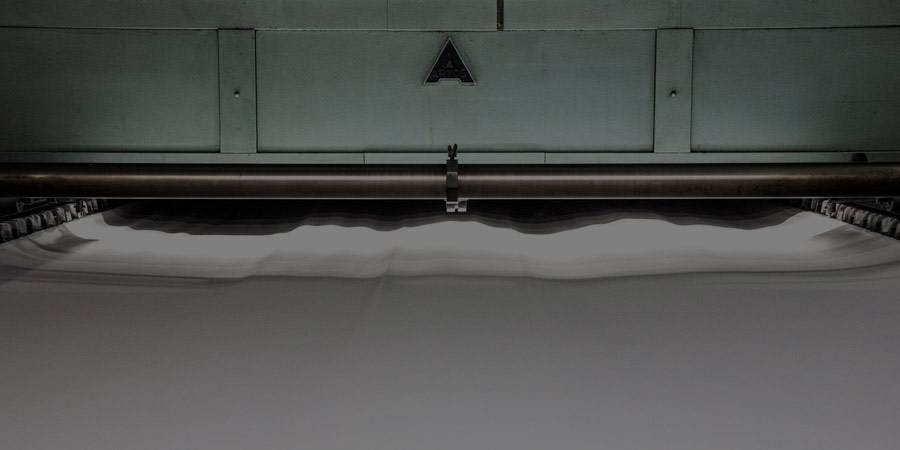
The elasticity of the fabric is controlled
for accurate compression.
1
Relaxing fabric tension
The relaxation process is crucial in elasticity control, which is an important factor for C3fit products. In this process, the knitted undyed material is washed to remove any excess oil so that the material is ready and set to achieve the optimal coloring result and elasticity.
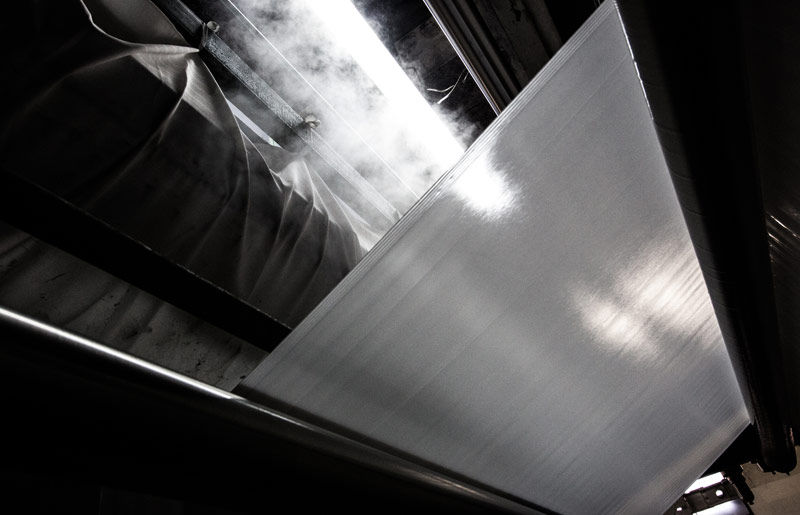
2
The key to an excellent elasticity control
C3fit products are designed to stretch when worn. Once worn the products return to their original compression point. A process called "preset" is used to achieve this excellent control. Precise heat temperatures are applied to the material to "set" it to the ideal elasticity.
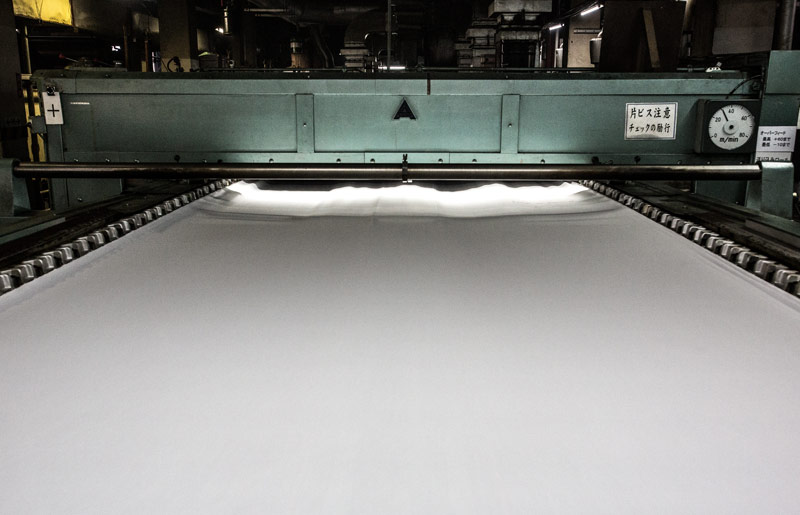
3
C3fit recipes for blacks and greys
The trademark blacks and greys of C3fit are created using one of several hundred color-recipes. The recipe chosen depends on a material weight; therefore, the fabric after a "preset" process is carefully measured to be dyed in a perfect shade.
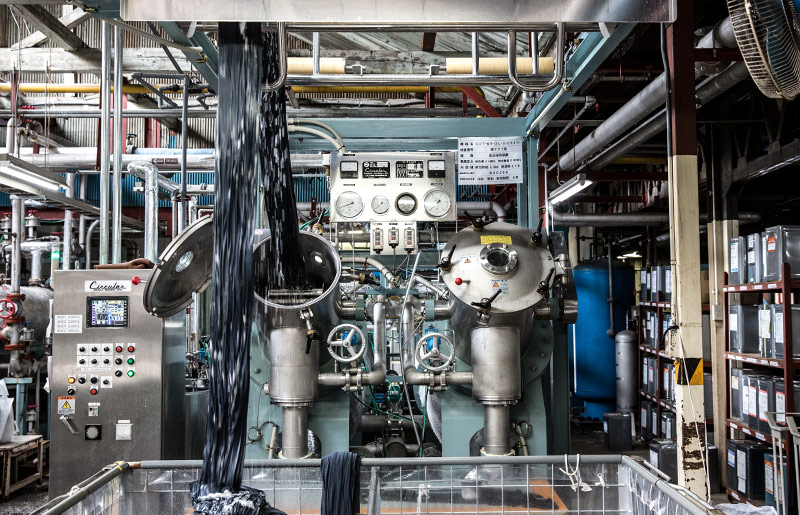
4
Thorough inspection
C3 fabrics after manufacturing are visually inspected using a large light table. The thorough inspection looks for any flaws, stains and wrinkles. C3fit believes that the human eye is the most reliable when checking for the minutest defects. All examiners are experts in their field. All defects are found without the use of sensors and are used for data collection and analyzation.
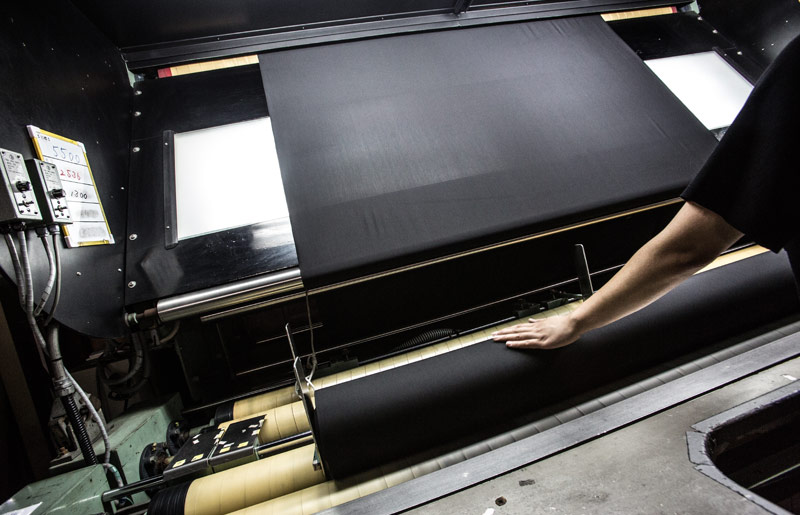
5
Control through machine-generated numerical values
All products are inspected for the stretch and recovery ratios in a humidity-and-temperature regulated room. The elasticity of C3fit products, the fabric stretch and recovery, is represented numerically using a machine.
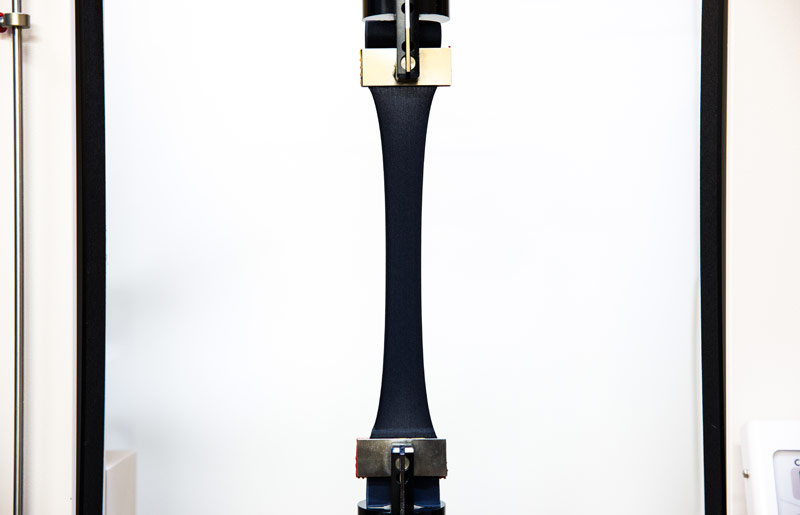
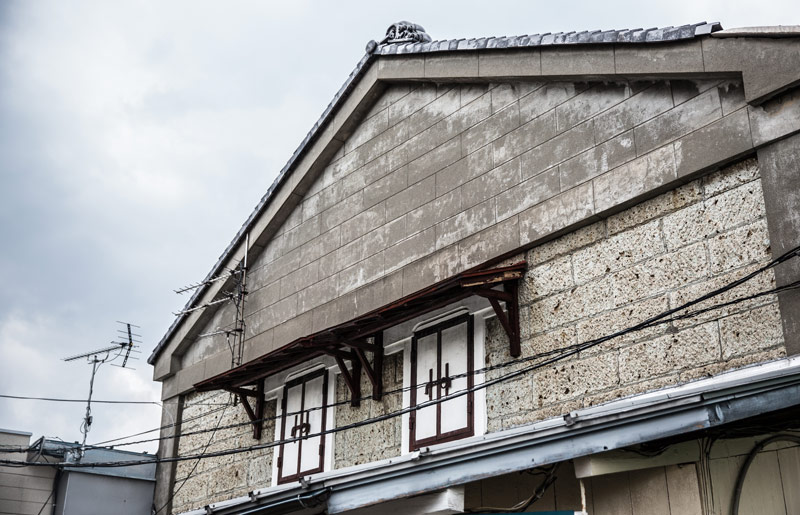
Tradition and technology woven in the history of Kiryu from the Nara period
The associate factory that manages elasticity control and the dyeing of C3fit products is located in Gunma Prefecture's Kiryu City. Kiryu boasts a long history as an active producer of silk fabrics. It dealt with extremely high quality fabrics, that it was once even said: "Nishijin (another established fabric producer in Kyoto) of the west, and Kiryu of the east". Thus, C3fit originates from a region engrained in Japan's long tradition of fabric manufacturing.




